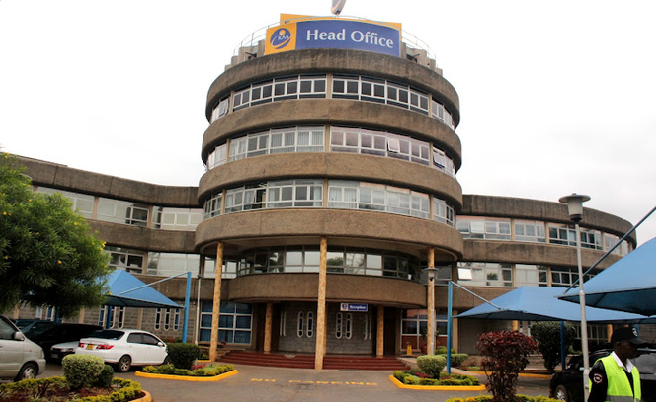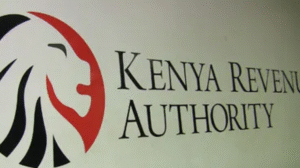The Kenya Airports Authority (KAA) recently reported a staggering Ksh 4.2 billion loss for the fiscal year which ended onl June 2023.
This loss is directly tied to the fallout from a canceled project at Jomo Kenyatta International Airport (JKIA) that dates back nearly a decade.
Specifically, KAA had to pay Ksh 5.4 billion to two Chinese contractors as part of a settlement related to the canceled Greenfield Terminal project, bringing the total payments for this failed venture to Ksh 9.6 billion.
The Greenfield Terminal project, initially budgeted at Ksh 56 billion, was intended to be a major upgrade for JKIA, projected to significantly increase the airport’s capacity.
However, the project was abruptly canceled in 2016 due to financial and logistical challenges, including discrepancies between the construction contract and the initial request for proposals.
The cancellation led to the contractors, Anhui Civil Engineering Group (ACEG) and China National Aero-Technology International Engineering Corporation (CATIC), seeking compensation, which they initially set at Ksh 17.6 billion.
Despite the reduction in the payout, questions have arisen about the legality and justification of these payments.
Auditor-General Nancy Gathungu has expressed concerns over the lack of transparency, particularly citing missing Cabinet approval documents that were necessary for such large expenditures.
Furthermore, a Ksh 4.7 billion write-off associated with this settlement has raised further doubts about the overall financial integrity of the transaction.
This situation has placed KAA under scrutiny, not just for the financial loss but also for the procurement processes that led to such a substantial and controversial payout.
The cancellation of the Greenfield Terminal project and the subsequent financial burden highlight ongoing challenges within Kenya’s infrastructure projects, especially in terms of project management, legal compliance, and financial accountability.
This incident serves as a reminder of the critical need for robust planning, transparent processes, and diligent oversight to prevent future financial losses on such a scale.





















Add Comment